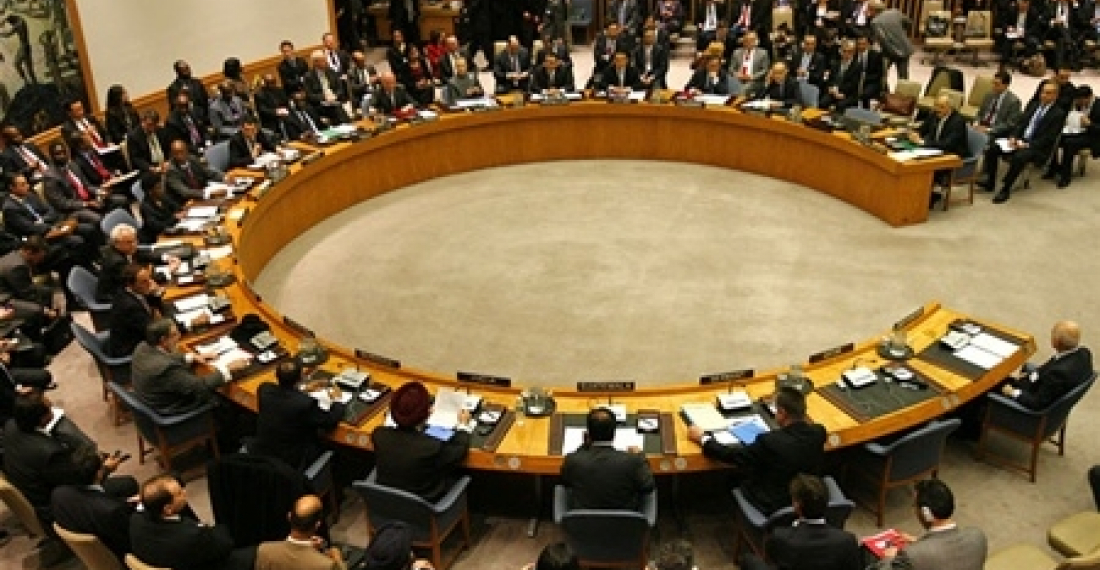Today the Azeri and Armenian authorities do not trust each other and are waging an open information war. They are trying to use any tribune and opportunity for gaining the upper hand. Therefore, Azerbaijan's non-permanent membership and now chairmanship in the UN Security Council was good news for the Azeris and bad news for the Armenians – for both sides perfectly knew that this would be used in their information war, Arif Yunusov, Head of the Conflict Studies and Migration Department of the Institute for Peace and Democracy, said an interview to ArmInfo.
On May 1 Azerbaijan took up the chairmanship of the UN Security Council and right afterwards President Aliyev used that tribune to accuse Armenia of terrorism against Azerbaijan.
"Had Armenia been in Azerbaijan's place, President Sargsyan would have also tried to use that tribune for accusing Azerbaijan and Turkey. So, to me Aliyev's speech is normal. The question is how effective it was and what it will give Azerbaijan. Of course, all this information war is creating new obstacles to the settlement. If the Armenian and Azeri presidents trusted each other, everything would be different, but this, alas, is not so," Yunusov said.
The expert is a realist and perfectly understands that Azerbaijan will use the Security Council's tribune for propaganda only and will not be able to push its resolution bypassing the OSCE MG. "Should there be such an attempt, it will be cut short by the MG co-chairs," Yunusov said.
Azerbaijan's attempts to push its resolution on Nagorno-Karabakh bypassing OSCE MG will be cut short by the latter
Azerbaijan's attempts to push its resolution on Nagorno-Karabakh bypassing OSCE MG will be cut short by the latter







